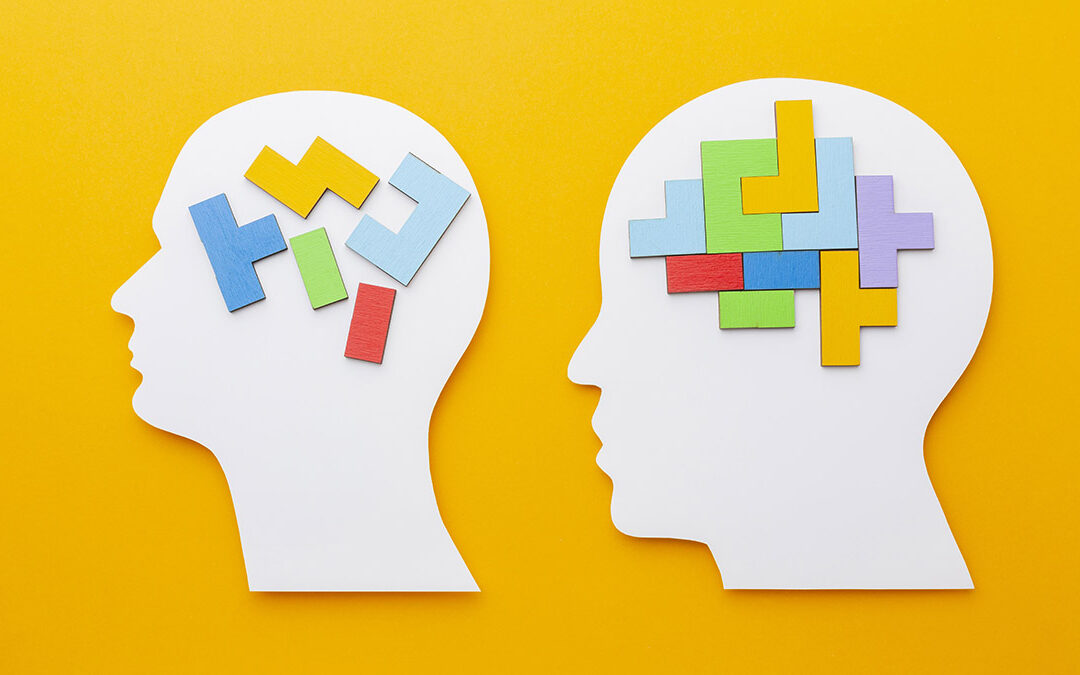Photo Credit: Freepik.com
Cognitive-Behavioral Therapy (CBT) is a widely practiced and evidence-based form of psychotherapy that helps individuals identify and modify negative thought patterns and behaviors. In this blog, we will delve into the principles, techniques, and effectiveness of CBT, shedding light on how it empowers individuals to overcome a range of mental health challenges.
The Foundations of CBT:
CBT is rooted in the idea that our thoughts, emotions, and behaviors are interconnected. It was developed by Aaron T. Beck in the 1960s and has since evolved into various forms. At its core, CBT aims to identify and change unhelpful thought patterns that contribute to emotional distress and behavioral issues.
Understanding Automatic Thoughts:
Central to CBT is the concept of automatic thoughts—spontaneous, often negative, and distorted thoughts that influence our feelings and behaviors. CBT helps individuals recognize these automatic thoughts and assess their accuracy.
The Cognitive Restructuring Process:
CBT practitioners guide individuals through cognitive restructuring, a process that involves identifying irrational or unproductive thoughts, challenging their validity, and replacing them with more rational and constructive alternatives. This process can lead to improved emotional well-being and better decision-making.
Behavioral Experiments and Exposure:
CBT often incorporates behavioral experiments and exposure techniques. These involve confronting feared or avoided situations gradually and systematically, helping individuals build resilience and reduce anxiety. Exposure therapy, a subset of CBT, is particularly effective in treating conditions like phobias and post-traumatic stress disorder (PTSD).
Homework and Skill-Building:
CBT is an active therapy that encourages individuals to apply what they learn in sessions to their daily lives. Homework assignments, journaling, and skill-building exercises play a crucial role in reinforcing positive changes and fostering self-awareness.
CBT’s Effectiveness:
Numerous studies support the effectiveness of CBT in treating a wide range of mental health conditions, including anxiety disorders, depression, obsessive-compulsive disorder (OCD), and eating disorders. Research has shown that CBT can produce lasting improvements in symptom reduction and overall well-being (Hofmann et al., 2012).
CBT in Practice:
A typical CBT session involves a collaborative effort between the therapist and the client. The therapist helps the client identify problematic thoughts and behaviors, teaches coping strategies, and encourages the development of more adaptive thinking patterns. The duration of CBT varies depending on the individual and the nature of their concerns, but it is often a short-term therapy compared to some other forms of psychotherapy.
CBT Beyond Mental Health:
CBT is not limited to treating mental health conditions. It can also be applied to improve overall life satisfaction, manage stress, enhance communication skills, and bolster resilience in the face of life’s challenges.
Cognitive-Behavioral Therapy is a versatile and highly effective form of psychotherapy that empowers individuals to take control of their mental health and make positive changes in their lives. By addressing the interplay between thoughts, emotions, and behaviors, CBT equips individuals with practical tools to manage symptoms, reduce distress, and foster personal growth.
Whether you’re struggling with anxiety, depression, or simply seeking a more constructive way to approach life’s challenges, CBT offers a structured and evidence-based approach to help you gain insight, develop coping skills, and ultimately lead a more fulfilling life.
Get in touch with knowledgeable mental health professionals and open door to the brighter side of like.
– Urveez Kakalia.
References:
Hofmann, S. G., Asnaani, A., Vonk, I. J., Sawyer, A. T., & Fang, A. (2012). The Efficacy of Cognitive Behavioral Therapy: A Review of Meta-analyses. Cognitive Therapy and Research, 36(5), 427–440.

